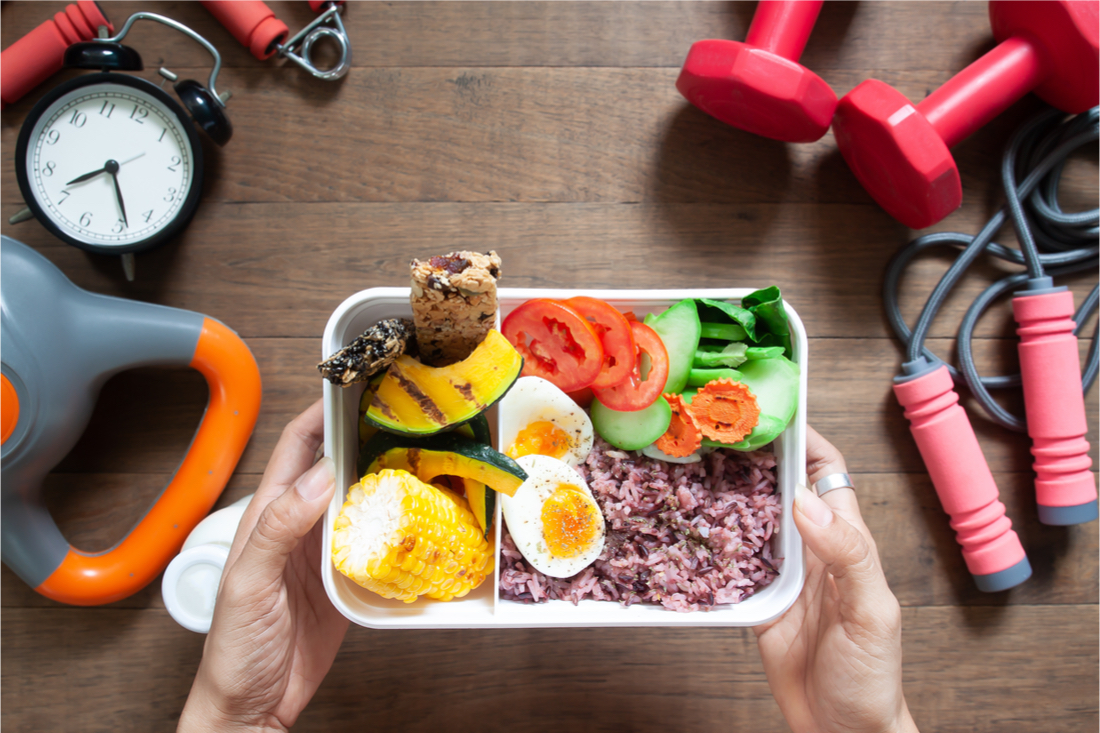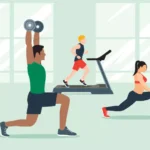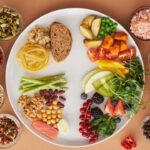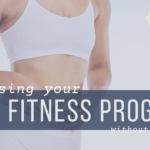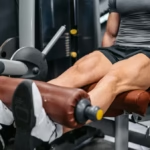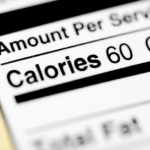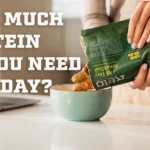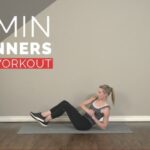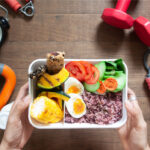Eating the right foods before and after your workout can take your results to the next level. Whether you’re focused on burning fat, building muscle, or boosting stamina, pre-workout meals and post-exercise nutrition are essential tools in your fitness journey.
This complete guide breaks down what to eat before and after your workout, with simple language, sample meals, expert-backed timing tips, and FAQs to help you fuel your body for success.
Why Fueling Matters Before and After Workouts
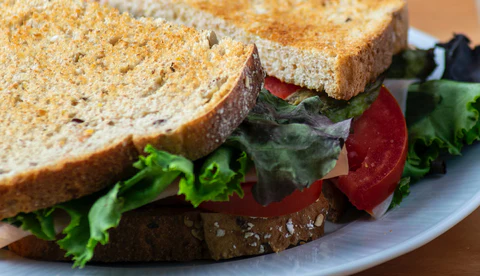
Carbs Provide Workout Energy
Carbohydrates are your body’s main energy source during physical activity. Eating the right carbs before a workout keeps your energy levels high and helps you avoid fatigue.
Protein Helps With Muscle Repair
Your muscles break down slightly during workouts and rebuild stronger afterward. That rebuilding process needs protein, especially in your post-workout meal, to repair and grow lean muscle.
What to Eat Before a Workout: Timing and Fuel Options
1 to 3 Hours Before: Balanced Meals
Eat a well-rounded meal 1–3 hours before training to boost endurance and performance. Include complex carbs, moderate protein, and healthy fats.
Examples:
- Brown rice with grilled chicken and steamed vegetables
- Whole grain toast with eggs and avocado
- Oatmeal with nuts and sliced banana
30 to 60 Minutes Before: Light Workout Snacks
If you’re eating close to workout time, choose easily digestible carbs with a little protein to avoid bloating and discomfort.
Examples:
- Banana with almond butter
- Greek yogurt with berries
- Whole grain crackers with hummus
- Low-sugar granola bar
Don’t Forget Hydration
Drink 1–2 cups of water 30–60 minutes before training. Add electrolytes (via coconut water, watermelon, or salt in food) if you’re doing a long or sweaty workout.

What to Eat During Your Workout (If Needed)
You don’t need to eat during most short workouts. But for intense sessions lasting over 60–90 minutes—like running, cycling, or circuit training—quick energy boosts can help.
Intra-workout snack ideas:
- Dried fruit like raisins or apricots
- Sports gels or electrolyte chews
- Half a banana
- A few pretzels or rice cakes
Avoid anything heavy, high in fat, or fiber-rich during exercise to prevent stomach upset.
Also Read From Couch to Confidence: How to Build a Beginner Workout Routine That Works
What to Eat After a Workout: Rebuild and Recover
30–60 Minutes Post-Workout: Priority Window
After exercising, your body is ready to absorb nutrients. A post-workout snack or meal within 30–60 minutes helps replenish energy, build muscle, and reduce soreness.
Aim for:
- 15–30 grams of protein
- A source of carbohydrates
- Fluids and electrolytes
Great post-workout meals:
- Smoothie with whey protein, milk, and frozen berries
- Turkey sandwich on whole-grain bread
- Chocolate milk and a banana
- Scrambled eggs with toast and fruit
- Quinoa with roasted vegetables and tofu
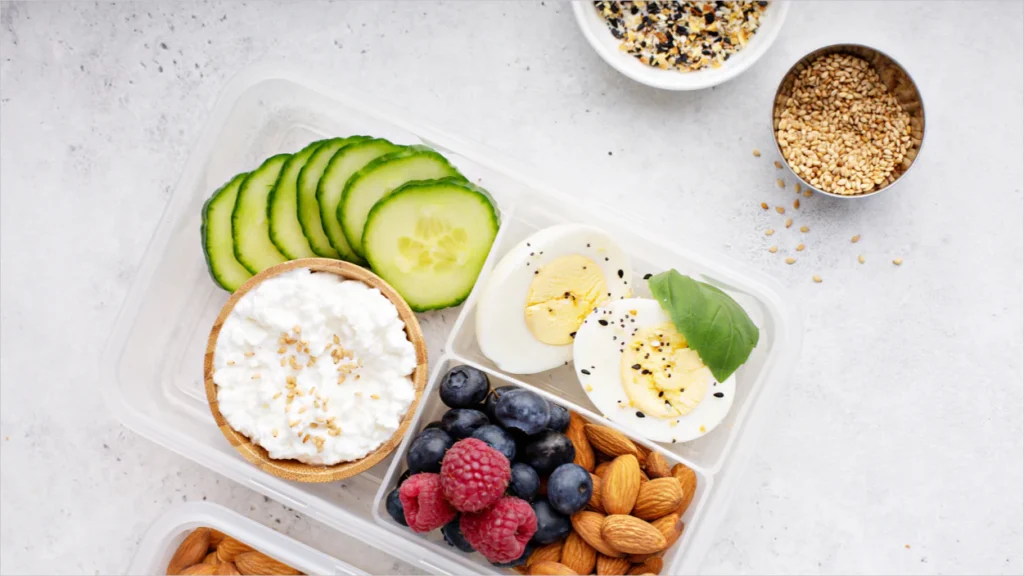
Fueling by Workout Type
Strength Training or Weightlifting
Before:
- 1–3 hours before: Protein and complex carbs such as chicken and sweet potato or eggs and toast
- 30 minutes before: Light snack like a banana or yogurt
After:
- Protein-rich recovery meal such as a smoothie, protein pancakes, or a tuna sandwich
- Spread protein intake throughout the day (20–30 grams per meal)
Cardio or Endurance Workouts
Before:
- 30–60 minutes before: Carb-rich snack such as oatmeal, banana, or toast with honey
- Stay hydrated
After:
- Carbs and protein combo to refuel muscles and reduce fatigue
- Options include yogurt with fruit, a rice bowl with lean meat, or a fruit smoothie
Yoga, Pilates, or Light Workouts
Before:
- Light snack like a banana or half a smoothie
- Avoid heavy, fatty meals beforehand
After:
- Small, balanced meal or snack—hydration is key
- Great choices include yogurt, fruit, or nut butter on toast
Hydration and Macronutrient Tips
Balance Your Macronutrients
A good daily ratio for active people:
- 45–65% carbohydrates (whole grains, fruit, legumes)
- 20–30% protein (meat, dairy, tofu, beans)
- 20–35% healthy fats (avocados, nuts, olive oil)
Stay Hydrated
Drink 2–3 cups of water a few hours before workouts. Sip during your session. Rehydrate afterward—especially if you sweat heavily.
The “Anabolic Window”: Myth or Must?
You may have heard of the anabolic window—the 30–45 minutes post-workout when nutrients supposedly absorb better. While there’s some truth to it, recent research shows that total daily intake matters more than the exact timing.
What’s more important:
- Eating protein every 3–4 hours
- Staying consistent with your meals
- Fueling your body with whole, nourishing foods
Sample Pre- and Post-Workout Meal Ideas
Pre-Workout
- Whole grain toast with peanut butter and banana
- Oatmeal with berries and flaxseeds
- Greek yogurt with a drizzle of honey
- Hard-boiled eggs and fruit
- Protein smoothie with oats
Post-Workout
- Chicken wrap with vegetables and hummus
- Cottage cheese and pineapple
- Tuna on whole grain crackers
- Protein shake and an apple
- Rice and beans with salsa and avocado
Frequently Asked Questions
Q: Can I work out on an empty stomach?
Yes, but it depends on your body. Fasted cardio works for some people, but others feel tired or sluggish. Try a light snack if you feel low on energy.
Q: Should I drink protein shakes after every workout?
Only if you need quick or portable protein. Whole foods like eggs, yogurt, or meat work just as well.
Q: What if I feel bloated after pre-workout snacks?
Stick to low-fiber, low-fat options like fruit or a small smoothie. Avoid beans, broccoli, or greasy foods before training.
Q: How much protein do I need daily if I exercise?
Most active adults need 0.6 to 0.8 grams of protein per pound of body weight, or about 20–30 grams per meal. Spread it out during the day.
Q: Are smoothies good for recovery?
Yes. Add fruit (for carbs), protein (yogurt or powder), and healthy fat (seeds or nut butter) for a complete post-workout drink.
Final Tips: Eat Smart, Train Hard
What you eat before and after working out matters. Focus on:
- Carbs before for energy
- Protein after for recovery
- Hydration at all times
Skip strict dieting or workout myths. Instead, build a habit of balanced fitness meals and smart snacks. With consistent, thoughtful nutrition, you’ll feel stronger, recover faster, and see better results from your workouts.
Author- Ayush
